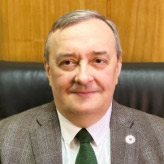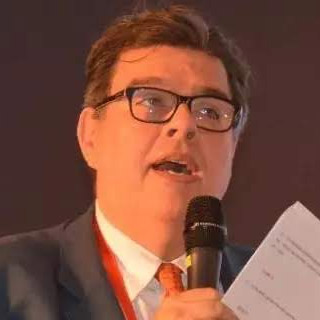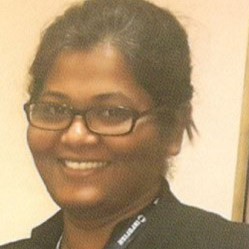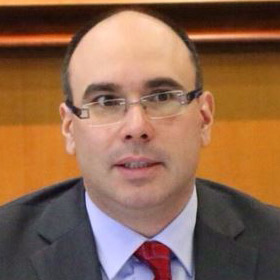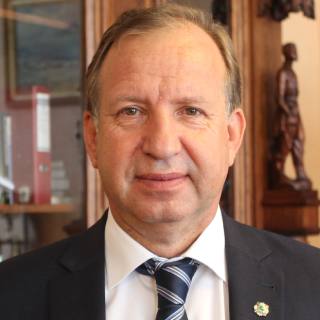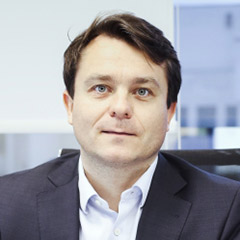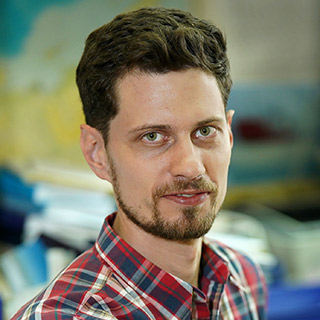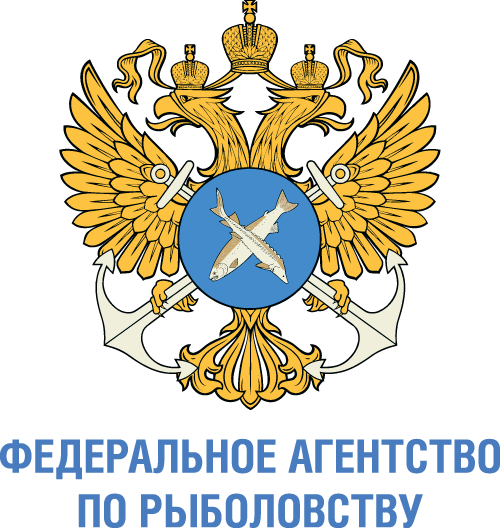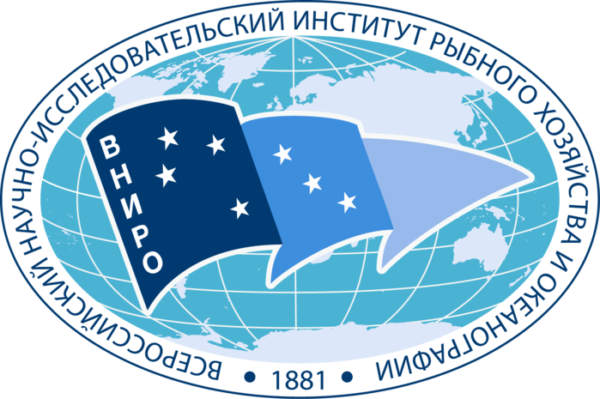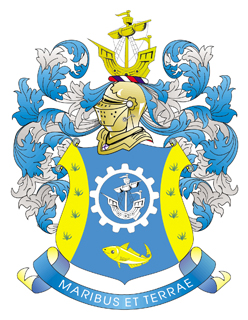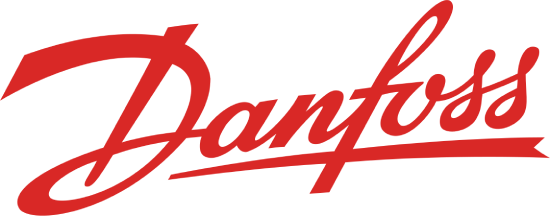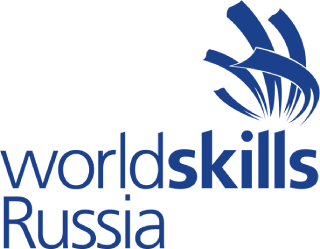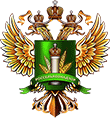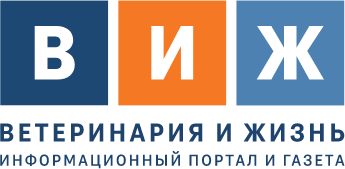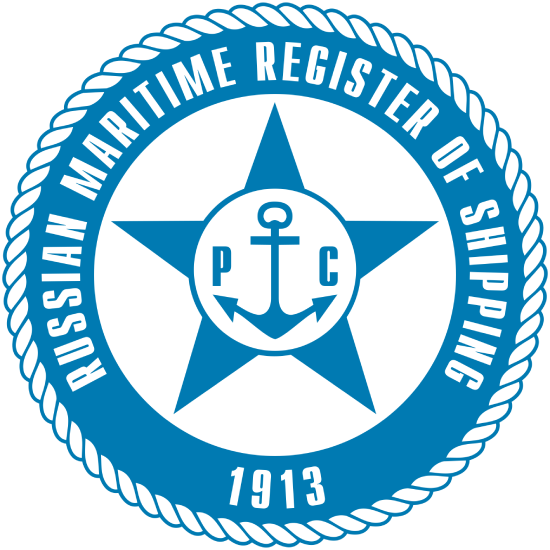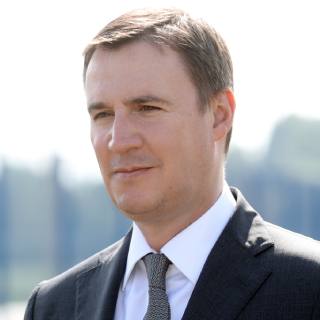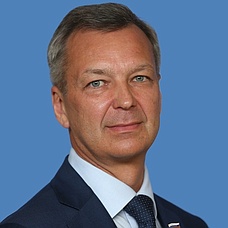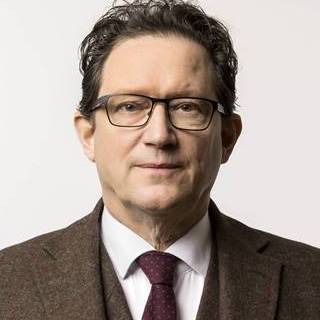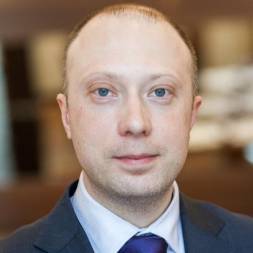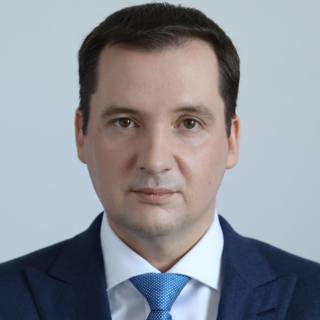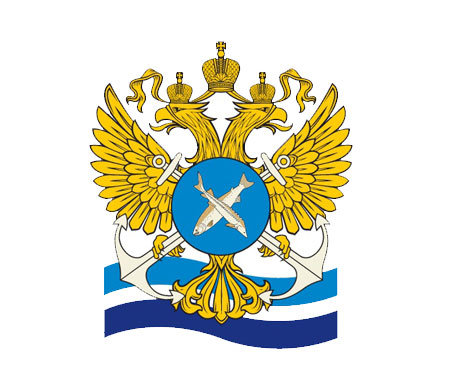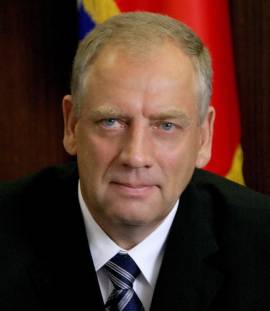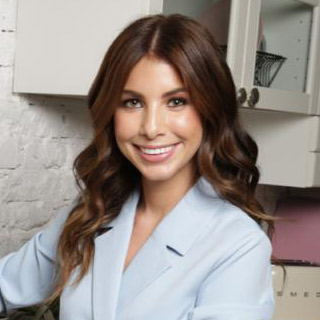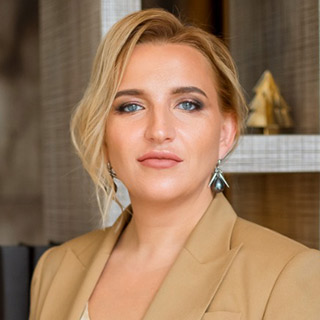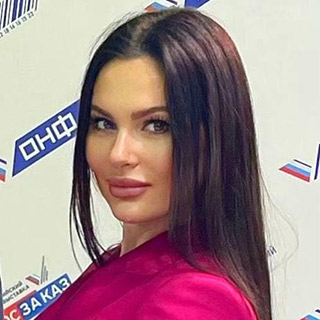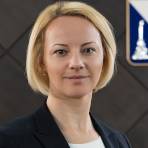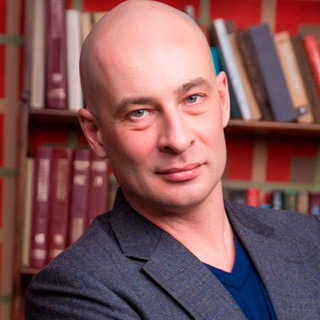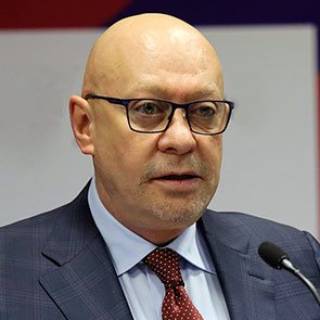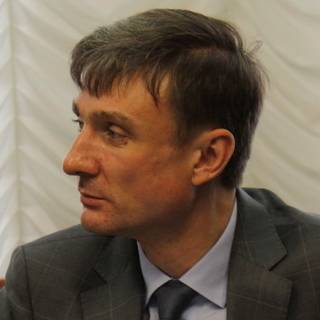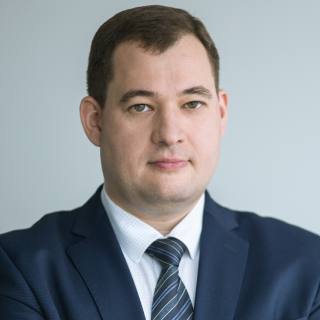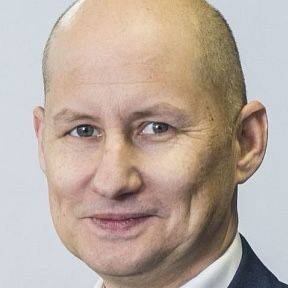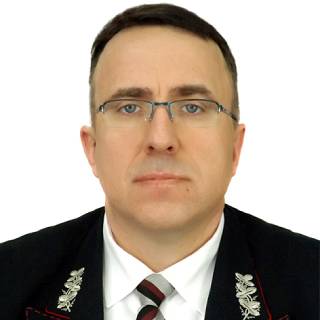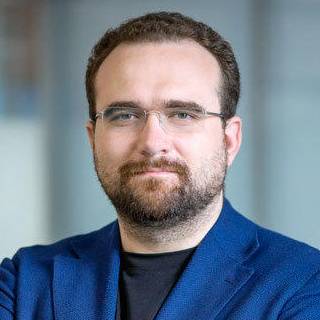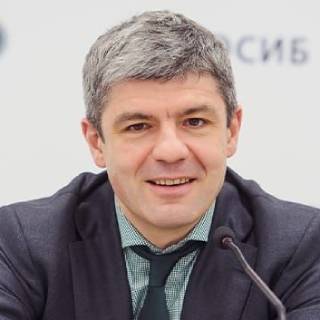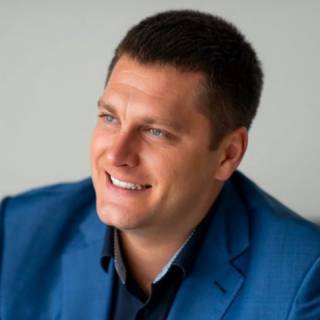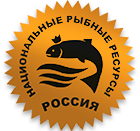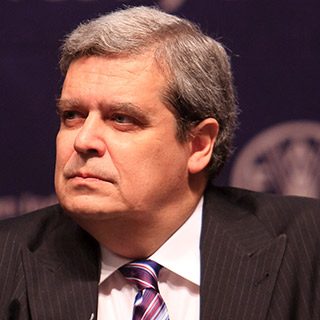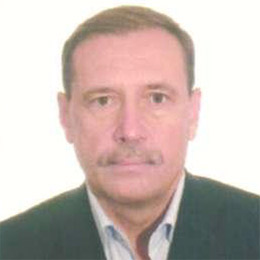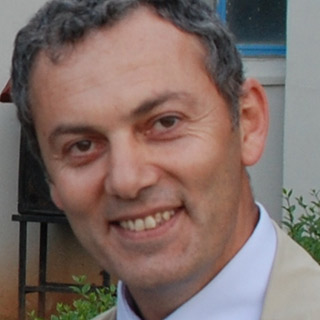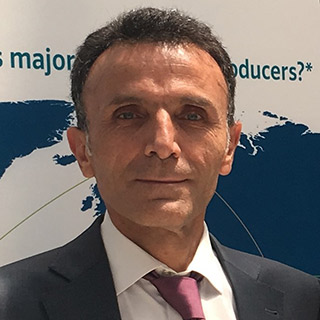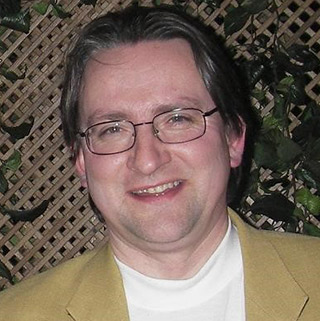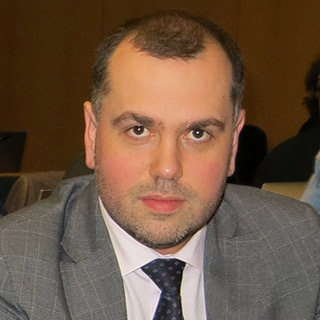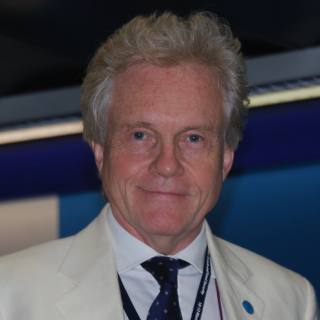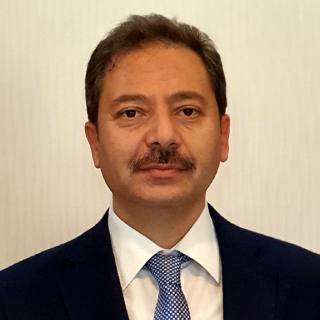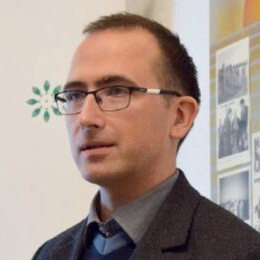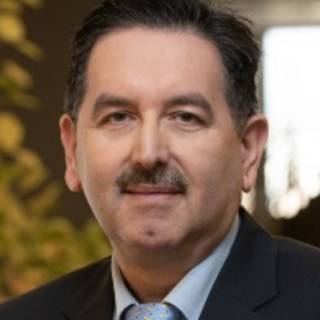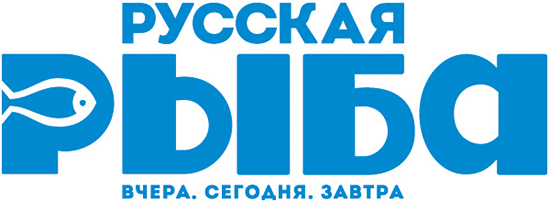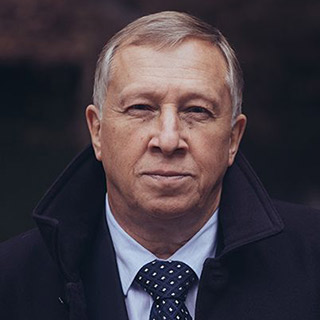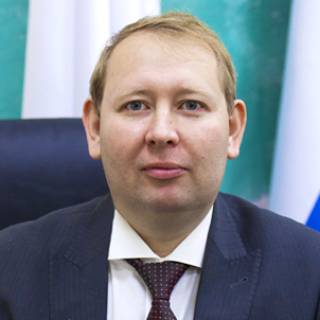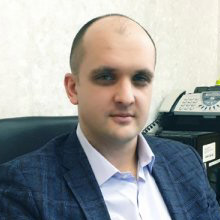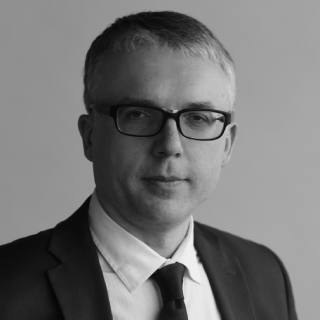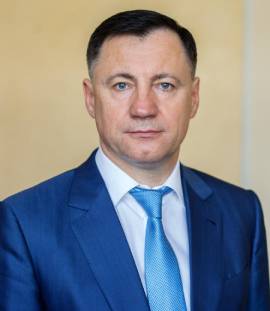October, 22-24, 2025, Saint Petersburg
8 September (Day 1)
-
Registration of Forum & Expo participants
-
Session hosted by the Food and Agriculture Organization: "Fisheries and Aquaculture Market Information as a Powerful Tool for Assessing Business Opportunities"
Legend:
The main objective of this event is to show the importance of access to information, in particular market and trade information, as an essential aspect to allow fisheries and aquaculture traders to maintain and conquer local, regional and international markets in a sustainable way, increasing their competitiveness.
The event will also allow attendees to understand better how FAO GLOBEFISH, INFOFISH and EUROFISH can support the private sector in providing information on markets and trade to support their business activities and other knowledgeable products. UNCTAD will present an overview of tariffs and non-tariff measures applicable to trade in marine fisheries products, their nature and effects, and links with the COVID-19 impacts and post-recovery analysis.
The event will support attendees to increase their awareness of the importance of the interconnectivity between information and having a resilient sector to overcome any significant problem affecting production, distribution, markets, or any specific part of the value chains.Agenda:
10:30 Opening
Mr. Oleg Kobiakov, Director, FAO Liaison Office to Russia10:35 The Importance of Information to support Business Decisions and Analysis of Market Opportunities in the Fisheries and Aquaculture Sector – A Short Introduction
Mr. Marcio Castro de Souza, Senior Fishery Officer (International Trade), FAO10:45 GLOBEFISH’s role in reducing the information gap for the trade of fisheries and aquaculture products
Mr. Weiwei Wang, Fishery Officer, FAO11:00 INFOFISH – The One Stop Fishery Information Hub of the Asia-Pacific region
Ms. Shirlene Maria Anthonysamy, Director, INFOFISH11:15 EUROFISH: a specialist within the Fisheries and Aquaculture development and market information in Europe
Ms. Ekaterina Tribilustova, Senior Project Manager, EUROFISH11:30 Prevalence and incidence of non-tariff measures on marine fisheries products – recent finding on UNCTAD’ Oceans Economy Classification trends
Mr. David Vivas Eugui, Legal Officer, UNCTAD11:45 Interactive Questions to the Audience (using direct interaction with the audience on a mobile platform)
11:50 Questions from the Audience to the Presenters
12:00 End of the Session
Speakers:
Oleg Kobiakov
Director, FAO Liaison Office with the Russian FederationMarcio Castro de Souza
Senior Fishery Officer (International Trade), FAOWeiwei Wang
Fishery Officer, FAOShirlene Maria Anthonysamy
Director, INFOFISHEkaterina Tribilustova
Senior Project Manager, EUROFISHDavid Vivas Eugui
Legal Officer, UNCTADModerator:
Oleg Kobiakov
Director, FAO Liaison Office with the Russian FederationOrganizers:
-
Roundtable "Will Generation Z Start Catching Fish? Problems of Education and Science"
Legend:
The fisheries industry is facing a current shortage of young specialists today. All sectoral educational institutions have developed modern work experience training programmes, but after graduation, only a small number of graduates go on to work at enterprises in the industry. Generation Z is a term for people born between 1997 and 2012, i.e., those who are now 9 to 24 years old: schoolchildren, students, and young professionals. These are people who are unable to separate the virtuality on their smartphones from reality and live in a world of tomorrow’s technologies. Who do the current ‘zoomers’ want to become? What can the fishing industry offer them besides hard work, the remoteness of fisheries, and an undeveloped infrastructure? None of this helps to enhance the appeal of such professions as fisherman, fish processor, or fish breeder in the industry, which today is experiencing an acute shortage of skilled young personnel. The number of young people in fishery sciences has not increased recently, either. Are these industry or generational problems? Associations and councils of young scientists, whose age has already risen to 35 years old, together with the leadership of universities, scientific institutes, and fishermen, are looking for solutions to these issues.
Discussion topics:
- New trends on the fishery industry labour market.
- What could motivate young people have to work in the fishery industry?
- Is the current level of professional education in Russia sufficient and does it meet the needs of the industry’s economy?
- Will structural and technological changes in the industry help solve the staffing problem?
- Can a person of today survive (at sea) without a smartphone and tablet?
- What drives professional and scientific growth in fisheries science?
Speakers:
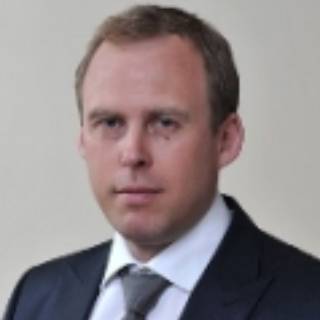
Vasily Sokolov
Deputy Director, Federal Agency for FisheriesVladimir Volkogon
Chair, Council of Educational Organizations, Federal Agency for Fisheries; Rector, Kaliningrad State Technical University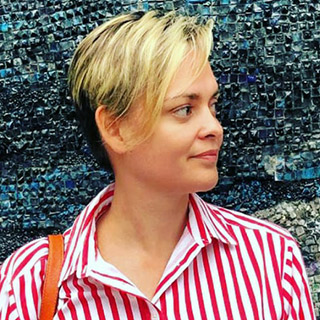
Svetlana Orlova
Senior Researcher, Russian Federal Research Institute of Fisheries and Oceanography (VNIRO)Andrey Pivinsky
Advisor to the General Director, WorldSkills Russia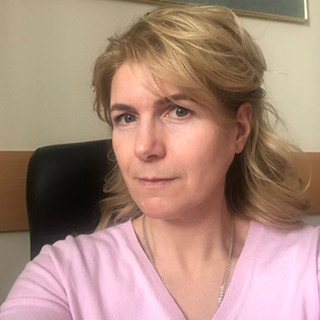
Olga Kalinina
Head, HR Department, FOR-GroupKirill Kivva
Vice-Chairman, VNIRO Young Scientists Council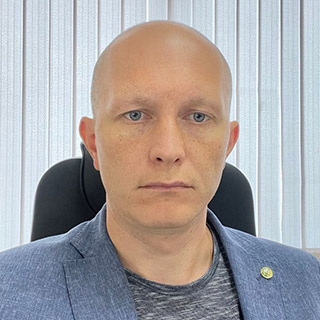
Anton Okunev
General Director, Maltat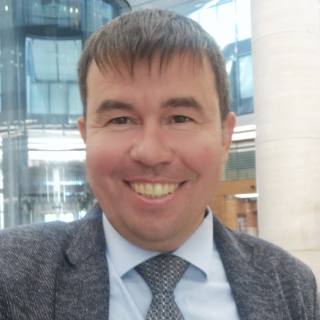
Andrey Ronzhin
Director, St. Petersburg Federal Research Centre of the Russian Academy of SciencesModerator:
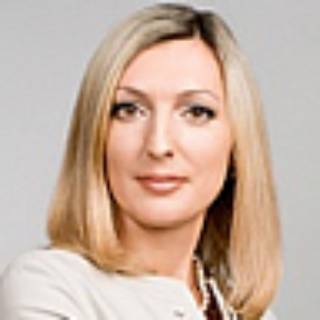
Oksana Ogiy
Vice-Rector, Kaliningrad State Technical UniversityOrganizers:
-
Roundtable "Modern Refrigeration Solutions for Ships, Fish Processing Plants, and Storage Warehouses"
-
Conference "Development of the Cold Chain for Perishable Food Products"
-
Award ceremony for the winners in the WorldSkills Russia National Competition
Official awards ceremony for medal winners of the Young Professionals Championship (WorldSkills Russia), which took place in November 2020 in Vladivostok, as well as competency managers:
- "Coastal Fishing"
- "Raising Fish Seed and Marketable Fish"
- "Processing of Aquatic Biological Resources"
Organizers:
-
Meeting with the Federal Service for Veterinary and Phytosanitary Surveillance Representatives on the Export of Fish Products
-
Conference of the Russian Maritime Register of Shipping "Design and Construction of RS-classed Fishing Fleet. Open Dialogue with the Industry"
14:00 Welcome speech
Sergey Shishkin, RS Deputy Director General for Classification and Technical Supervision in Industry14:05 RS fishing fleet overview
Georgy Bedrik, Head of RS Planning and Marketing Division14:15 RS Rules and international requirements update
Andrey Fasolko, Head of RS Classification Division14:45 RS track record of fishing vessels plan approval
Kazimir Dobrzhinsky, Senior Expert, RS Design Technical Appraisal Department15:05 Design of RS-classed crab fishers
Nikolay Avtutov, Chief Engineer, Marine Engineering Bureau15:25 Q&A
15:30 Break
15:45 RS software solutions for hull design support
Semyon Nikonov, engineer, RS Hull Department16:05 New technologies. Interaction of equipment supplier with class society
Alexander Staritsin, Maritime dapertment, Sales, Baltic countries and Finland, WÄRTSILÄ Vostok16:25 Experience of a foreign designer, designing fishing vessel in Russia according to RS Rules
Alfred Tulinius, Nautic Rus16:45 Shipbuilding in Turkey
Sakir Erdogan, Business Development Director, Tersan17:05 Conference outcomes and open discussion
Organizers:
-
Forum and Expo Participants Meeting with Members of the ASORPS on the Transportation of Fish Products by Rail from the Far East
9 September (Day 2)
-
Registration of Forum & Expo participants
-
Official Opening Ceremony and Tour of the Exposition
Forum organizers and participants, representatives of Russian ministries and agencies, foreign delegations, heads of associations and unions, and fishing and fish processing companies
-
Plenary session "Impact of the Pandemic: New Challenges for the Fisheries Industry"
Legend:
The COVID-19 pandemic has impacted on all aspects of life. The crisis has completely changed our view of the world and how we do business. Virtually all market participants have inevitably suffered losses, and only a few have become stronger and moved on to the next level. Remote work and the development of online services have become new trends that have helped the industry in overcoming the crisis and creating new opportunities, but fundamental changes in fishing and fish processing are needed in order to move forward, such as the introduction of new technologies, ship construction, robotization, digitalization, and so on.
Implementation of an effective programme for developing the fishing industry in the post-crisis period requires not only investments, but effective government support, as well. The world has finally realized that we are all in the same boat, and what each person does determines how bountiful a catch is or how successful a trip to sea can be.Discussion topics:
- Government support measures for the industry: Russian realities and international experience.
- Cross-border cooperation and the redistribution of foreign sales markets.
- Transition to a non-resource-based model: deep processing as a means for enhancing the added value of exported fish products.
- Impact of production localization on the development of the Russian fishery industry.
Speakers:
Dmitry Patrushev
Minister of Agriculture of the Russian FederationAndrey Yatskin
First Deputy Chairman, Federation Council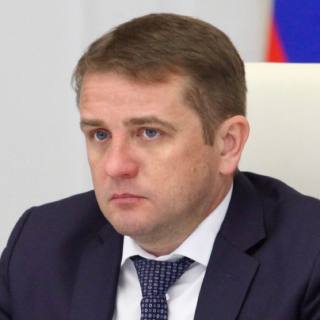
Ilya Shestakov
Head, Federal Agency for Fisheries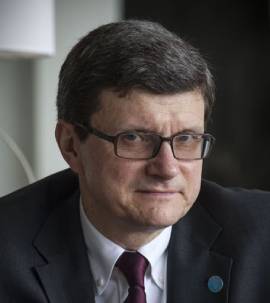
Vladimir Rakhmanin
Assistant Director-General and Regional Representative for Europe and Central Asia, UN Food and Agriculture Organization (FAO)Camiel Derichs
Development Director, Marine Stewardship Council (MSC)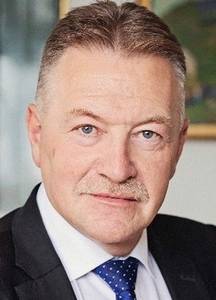
Jacob Vestergaard
Minister of Fisheries of the Faroe IslandsKristjan Thor Juliusson
Minister of Fisheries and Agriculture of Iceland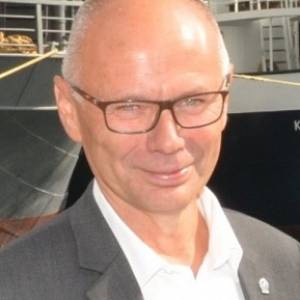
Kjell Ingebrigtsen
Chairman, Norwegian Fishermen’s AssociationAlexey Buglak
President, Pollock Catchers Association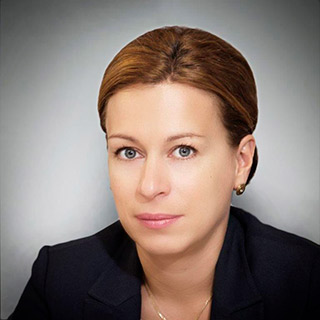
Irina Zhachkina
First Deputy Chairman of the Board, RosselkhozbankAlexander Tsybulsky
Governor, Arkhangelsk RegionModerator:

Stanislav Natanzon
Presenter and Correspondent, Russia-24 TV channelOrganizers:
-
Coffee break
-
Award ceremony for the winners of the FishCorr Contest
The FishCorr contest is held between publishing houses, members of the Russian media, and authors who write about the development of the fishery industry, the restoration of aquatic biological resources, and the environment. The contest has been supported by the Federal Agency for Fisheries since 2019.
The award ceremony for the contest winners will be held at the Global Fishery Forum.
Organizers:
-
Roundtable "We Have Fish. Who Wants It?"
Legend:
Russia actively promoted fish in the 1930–1960s. The government’s interest in what the public ate was clear from advertising campaigns, introduction of a ‘fish’ day, and involvement of heads of state in this promotion. Yet all these achievements collapsed along with the USSR and its economy. Over the past 20 years, fishing has managed to find its way out of the chaos but processing and production have lagged far behind. There has not been any marketing in this segment and the government has shown virtually no interest in promoting fish products among the public as a beneficial health product.
This all changed in 2020. First, foreign fish markets collapsed owing to the COVID-19 pandemic, then China closed its ports to fish from Russia on the pretence of coronavirus. Fishermen encountered a shortage of processing and refrigeration facilities in Russia, with poor logistics and a lack of interest among Russians in fish in the quantities that could be supplied to the domestic market. Now the main objective of the government, the fishing industry regulator, the fishing community, the fish-consuming public and retail networks is to find a common denominator between the opportunities of Russian fishermen and consumers’ needs.Discussion topics:
- The current situation on the consumer fish market in Russia.
- How can we motivate young people and the 30+ generation to consume fish? Tools for promoting fish products.
- Global experience in fish promotion: how are Japan, Korea, and the United States combating the falling demand for fish among adolescents and young people?
- How can we raise a generation of fish consumers? What kind of fish are fed to children at school?
- Working with brand reputation: how to turn the modern consumer’s three main narratives “I don’t like it, I don’t eat it”, “I don’t know, I don’t eat it”, and “I don’t believe it, I don’t eat it” into positives? Success stories.
- Need for government interventions: how might it affect consumer demand for fish and their availability?
- How can we reduce the price of ice for the final retail price of fish and increase the turnover of fish products in stores?
Speakers:
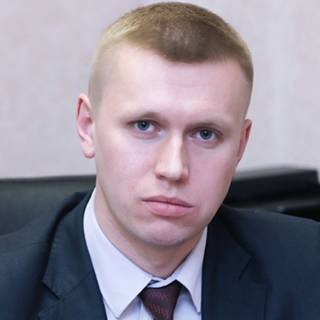
Andrei Mikhalevich
Head, Economy and Investment Department, Federal Agency for FisheriesSergei Mitin
Senior Vice-Chairman, Federation Council Committee on Agriculture and Food Policy and Environmental Management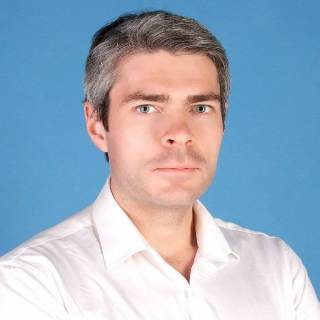
Garegin Mitin
Council Secretary, Fish UnionPolina Kirova
Director for Development, Rybset fish supermarket chainEkaterina Astakhova
General Director, Nakhodka retail chain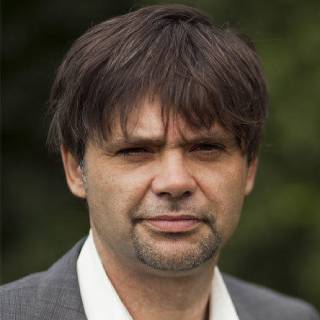
Vitaly Kornev
Founder, MoremaniaPeter Bos
General Director, A. Espersen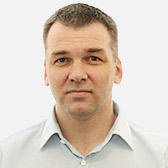
Vladimir Gorelov
CEO, Agama GroupDarya Bochkareva
Head, Regional Representative Office "SOYUZSOTSPIT" in St. Petersburg and Leningrad regionMaria Litovko
Deputy Governor, SevastopolModerator:
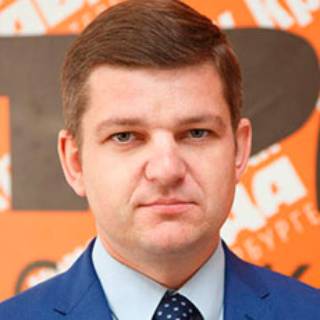
Roman Karmanov
General Director, Presidential Fund for Cultural InitiativesOrganizers:
-
Roundtable "Russia and Iceland: Progress and Perspectives of Cooperation in the Fisheries Field"
Legend:
Iceland is known to many in the world as a place of many volcanic eruptions, which names are sometimes difficult to pronounce. At the same time, the country with a population less than a sleeping district in Moscow city, has become a world leader in the fishing industry. Icelandic Sea Tech companies are among the best in their field and Iceland is internationally known for its prominent Sea Tech industry with its innovative technologies and solutions.
The Icelandic “model” is driven by innovative solutions with focus on sustainability and top handling and utilization of the catch. The industry is very efficient, and the main criteria is obtaining maximum quality and value out of the products by using the most advanced technology and equipment.
For the past few years Iceland and Russia have developed a very strong co-operation in vessel design, shipbuilding, fishing and processing equipment. Icelandic SeaTech companies have supplied to the Russian market new ships and processing plants as well as new technologies with very good results. They have openly shared their achievements, knowledge and know-how in the production and maintenance of high-quality equipment.
Iceland is offering and delivering almost all required solutions in the fisheries industry. At this round table you will hear more about new developments and achievements as speakers from Icelandic companies will tell you about the progress of the industry in Iceland, good cooperation with their Russian partners and new approached which could be offered to the Russian market.
We hope that you will be able to attend and hear presentations by Icelandic experts, and especially to participate in the discussion.
Iceland can offer and do almost anything. Ask how?
Speakers:
- Viktor Nikolaevich Rozhnov, Severomorskoye Territorial Department
- Kristján Þór Júlíusson, Minister of Fisheries and Agriculture of Iceland
- Árni Þór Sigurðsson, Ambassador of Iceland
- Alexey Tobolev, Nautic Rus LLC
- Gudmundur Sigthorsson, D-Tech
- Alexander Shishkin, Marel
- Freyr Fridriksson, KAPP
- Sævaldur Jens Gunnarsson, Saeplast Iceland
Moderator:
Alfreð Tulinius
Nautic IcelandOrganizers:
-
FAO and VNIRO Section: Presentation of a New Publication on Inland Fisheries in the Russian Federation
Legend:
The Review will be officially launched at the upcoming FAO-VNIRO session at the IV Global Fishery Forum.
The material compiled in the document is based on published scientific and applied research by leading Russian organizations dealing with issues related to fisheries in Russia’s inland waters. The Review was prepared by the Russian Federal Research Institute Of Fisheries and Oceanography (VNIRO) and its regional branches. The information contained in the Review is of importance not only to the Russian Federation but also for the neighbouring countries that share some of the basins and waterbodies and have waters with similar conditions.Agenda:
14:00 Opening
• Oleg Kobiakov Director, FAO Liaison Office with the Russian Federation
• Vladimir Beliayev, Head of International Cooperation Department at VNIRO14:05 Welcome remarks from FAO
Vladimir Rakhmanin, FAO Assistant Director-General, Regional Representative for Europe and Central Asia14:10 Welcome remarks from VNIRO
Kirill Kolonchin, Director, VNIRO14:15 State of the world’s fishery resources: inland fisheries
John Jorgensen, Fisheries Officer, FAO Fisheries Division14:35 Presentation of the new Review of inland fisheries in the Russian Federation
• Vladimir Beliayev, Head of International Cooperation Department at VNIRO
• Anna Pavlova, Head of Division, Center for Economic Research of Fisheries, VNIRO14:55 Remarks by heads of VNIRO regional branches
• Marina Melnik, Head of Saint-Petersburg branch (GosNIORKH named after L.S. Berg)
• Vitaly Pliukhin, Head of the Volga-Caspian branch (CaspNIRKH)
• Denis Kotsiuk, Head of the Khabarovsk branch (KhabarovskNIRO)
• Yefim Kozhurin, Head of the Azov-Black Sea branch (AzNIIRKH)15:20 Q&A
15:30 End of Session
Speakers:
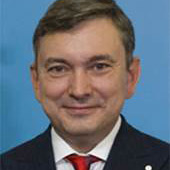
Kirill Kolonchin
Director of the Federal State Budgetary Scientific Institution "Russian Federal Research Institute of Fisheries and oceanography" (VNIRO)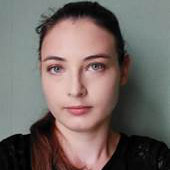
Anna Pavlova
Chief of International Analytics and Reporting Division of the Federal State Budgetary Scientific Institution “Russian Federal Research Institute of Fisheries and oceanography” (VNIRO)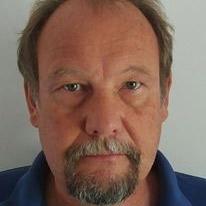
John Valbo Jorgensen
Fisheries Resources Officer, FAOModerator:
Oleg Kobiakov
Director, FAO Liaison Office with the Russian Federation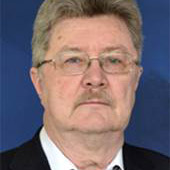
Vladimir Belyaev
Head of the International Cooperation Department of the the Federal State Budgetary Scientific Institution “Russian Federal Research Institute of Fisheries and oceanography” (VNIRO)Organizers:
-
Round Table "Ecological refrigeration technologies for the fish processing industry of the Russian Federation"
-
Coffee break
-
Roundtable "How to Get Quality Fish to the End Consumer"
Legend:
Catching and breeding fish are extremely important, but are not the only processes affecting the volume and quality of the products that end up on consumers’ tables. Equally important are issues related to proper storage and fast delivery. Since the usual export channels have been closed owing to the pandemic, it has become even more urgent to saturate the domestic market with quality fish products. This situation has revealed another bottleneck: Russia simply does not have enough processing and refrigeration facilities today for storing all the products caught and produced. And, whereas processing has already been taken under state control and quotas allocated for construction of new processing facilities, optimization of logistics and storage poses a new challenge to the industry.
Discussion topics:
- Establishment of a special priority development area for the needs of the fishing industry (an ‘archipelago’ of fish processing plants, refrigeration and logistics facilities).
- Will the Northern Sea Route become the main one for supplying Far Eastern fish to central Russia? Can it compete with fishing in Russia’s North?
- Optimization of existing and development of new transport hubs to provide convenient logistics for the domestic market and exports.
- Sufficiency of processing and refrigeration facilities in the European part of Russia.
- Use of AI in tracking and distributing logistics flows.
Speakers:
Sergey Chemko
Project Manager of the Project Office for the Arctic Development, Rosatom State Atomic Energy CorporationMikhail Sinyov
President, Association of Food Sector Organizations (ASORPS)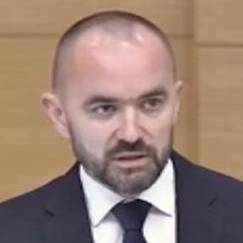
Alexander Bobrakov
Sales Director, Maersk Eastern EuropeVladimir Valter
CEO, Seroglazka TerminalAndrey Filatov
CEO, Maksimikha Special Economic ZoneAlexey Ryzhikov
Managing Director, St. Petersburg International Mercantile ExchangeDmitry Gorokh
Deputy Head, Centre for Corporate Transport Services (a branch of Russian Railways)Alexander Krutikov
Chairman of the Supervisory Board, Investment Partnership «Ryba.RF» CorporationDmitry Nikitin
President, Eurosib SPb Transport SystemsAnton Semikin
Director, Sea of Fish KamchatkaModerator:

Andrei Mikhalevich
Head, Economy and Investment Department, Federal Agency for FisheriesOrganizers:
-
Session hosted by the Food and Agriculture Organization: "Regional Fishery Bodies Established within the FAO Framework"
Legend:
The main purpose of the Session is to review activities and work carried out by regional fishery bodies (RFBs) over the past years.
A special emphasis will be placed on entities whose geographic scope encompasses the region of Europe and Central Asia (EIFAAC, CACFish and GFCM). Although the Russian Federation is not a member of these organs, the country cooperates with them, as well as with a number of their subsidiary structures.
The Session will facilitate better understanding by participants of tasks, functions and achievements of RFBs in sustainable fisheries, aquaculture resources management, climate change mitigation, water and coastal ecosystems restoration, biodiversity conservation and resolution of socioeconomic problems of the sector.Agenda:
16:00 Opening by the Moderator
Oleg Kobiakov, Director, FAO Liaison Office with the Russian Federation16:05 RFBs, their main characteristics, current situation and trends, FAO role supporting RFBs
Alejandro Anganuzzi, Common Oceans ABNJ Tuna Project Coordinator, FAO Headquarters (Rome)16:20 Experience and potential of cooperation between the Russian Federation and RFBs
Aleksandr Okhanov, LLC “Antey”16:35 The role of GFCM in the development, conservation, sustainable management, and optimal use of marine biological resources of the Mediterranean and the Black seas
Huseyin Ozbilgin, GFCM Backstopping Officer for the BlackSea4Fish project16:45 The Central Asian and Caucasus Regional Fisheries and Aquaculture Commission (CACFish): An introduction
Haydar Fersoy, Secretary, Central Asian and Caucasus Regional Fisheries and Aquaculture Commission (CACFish)16:55 On European Inland Fisheries and Aquaculture Advisory Commission (EIFAAC)
Petri Heinimaa, FAO/EIFAAC, Chair of EIFAAC Management Committee17:05 Political and legal challenges of global fisheries management in the context of sustainable development
Dr Damir Bekyashev, D.J.S., Professor, Head of the Department of International Fisheries Law of the Federal State Budgetary Scientific Institution "VNIRO", Professor of the Department of International Law of the Moscow State Institute of International Relations of the Ministry of Foreign Affairs of Russia17:25 Wrap-up by the Moderator
Oleg Kobiakov, Director, FAO Liaison Office with the Russian Federation17:30 End of Session
Speakers:
Oleg Kobiakov
Director, FAO Liaison Office with the Russian FederationAlejandro Anganuzzi
Common Oceans ABNJ Tuna Project Coordinator, FAO Headquarters (Rome)Aleksandr Okhanov
LLC "Antey"Huseyin Ozbilgin
GFCM Backstopping Officer for the BlackSea4Fish projectHaydar Fersoy
Secretary, Central Asian and Caucasus Regional Fisheries and Aquaculture Commission (CACFish)Petri Heinimaa
FAO/EIFAAC, Chair of EIFAAC Management CommitteeDamir Bekyashev
D.J.S., Professor, Head of the Department of International Fisheries Law of the Federal State Budgetary Scientific Institution "VNIRO", Professor of the Department of International Law of the Moscow State Institute of International Relations of the Ministry of Foreign Affairs of RussiaModerator:
Oleg Kobiakov
Director, FAO Liaison Office with the Russian FederationOrganizers:
-
Networking
Informal communication and networking for Global Fishery Forum & Seafood Expo Russia participants and guests.
Free admission by participant badge.
10 September (Day 3)
-
Registration of Forum & Expo participants
-
Roundtable "The first results of the interaction of Russian fishing and shipbuilding enterprises on fleet renewal"
The roundtable is dedicated to discussing the initial results of cooperation in construction of the Russian fishing fleet.
The event will be held in Russian.
Moderator:
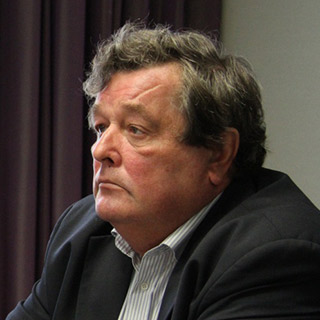
Nikolay Ivakin
Chief Editor, Korabel.ruOrganizers:
-
International Conference "Aquaculture: A Driver of Global Fish Production"
Legend:
According to the FAO, global aquaculture virtually equals classic fisheries in volume. In Russia, this industry entered a new stage of development about five years ago: the regulatory framework is being updated and expanded, new lands and coastal zones are being allocated for aquafarms, environmental requirements are being revised, new technologies are being introduced to minimize manual labour and improve the quality of growing and tracking products, and polyculture technologies are being developed.
The highest levels of government are paying close attention to the development of aqua and mariculture in Russia, including as part of the Fisheries Industry Development Strategy and the National Far East Development Programme. Even though there is still a lot of work to be done, aquaculture in Russia is vying to become a development driver not only for the of the fishery industry but also for individual regions.Discussion topics:
- The current state of and issues facing domestic aqua and mariculture.
- State support and possible benefits for organizing fish farming.
- The role of domestic scientific developments in fish selection and breeding.
- Can aquaculture become a driver of the socioeconomic development for Russia’s regions?
- How do the processes of rearing aquatic biological resources affect the ecology of water bodies?
- Best international practices: what foreign partners’ experience can be applied under Russian realities?
Speakers:

Ilya Shestakov
Head, Federal Agency for Fisheries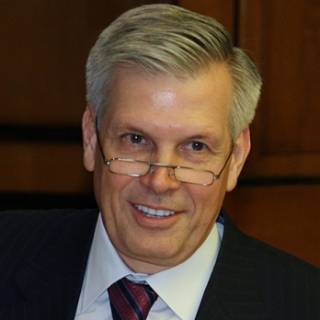
Sergei Dankvert
Head, Federal Service for Veterinary and Phytosanitary Supervision of the Russian FederationAudun Lem
Deputy Director, Fisheries and Aquaculture Department, UN Food and Agriculture Organization (FAO) (online)
Jacob Vestergaard
Minister of Fisheries of the Faroe IslandsMustafa Altug Atalay
General Director, Directorate General of Fisheries and Aquaculture, Ministry of Agriculture and Forestry of the Republic of TurkeyPeter Lengyel
General Secretary, Network of Aquaculture Centers in Central-Eastern Europe (NACEE)Leonid Goldstein
Co-founder and CIS Director, AquaMaof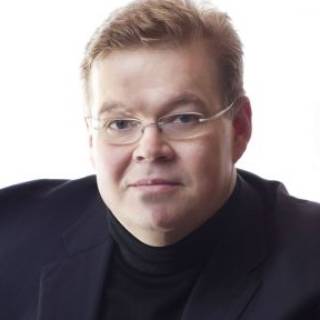
Pekka Viljakainen
Chairman of the Board of Directors, Finnforel Corporation
Pavel Tikhonov
General Director, Russian Salmon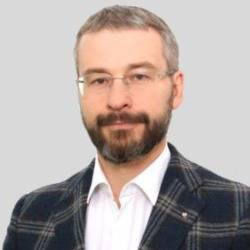
Andrey Dalnov
Head of the Center for Industry Expertise, Russian Agricultural BankModerator:
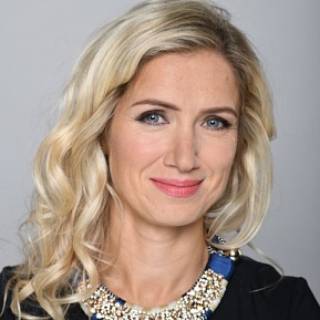
Ekaterina Tribilustova
Senior Project Manager, EUROFISHOrganizers:
-
Coffee break
-
Roundtable "Efficient Aquaculture Farming"
Legend:
Aquaculture farms face similar challenges: how to create and make production profitable without undermining product quality? Upscaling of farms does not always result in a corresponding increase in profits, as unforeseen risks can arise. Today, a lot of attention is being focused on the aquaculture and mariculture industry, and new technologies and services are emerging for making farms more efficient.
Discussion topics:
- Where to start with planning an aquaculture farm and what the best practices are?
- Cage aquaculture vs. a recirculating aquaculture system: advantages and special features of each.
- How do you raise and feed healthy fish? Are there any worthy domestic manufacturers of planting material, feed, and veterinary medicines to replace foreign ones?
- The search for and introduction of high-protein substitutes for fishmeal.
- Aquaculture of the future: breakthrough technologies, digitalization, and growth drivers.
Speakers:
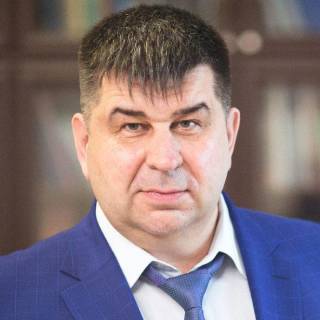
Roman Vityazev
Chairman, Far Eastern Union of Mariculture EnterprisesAlexander Novikov
President, Union of Sturgeon Breeders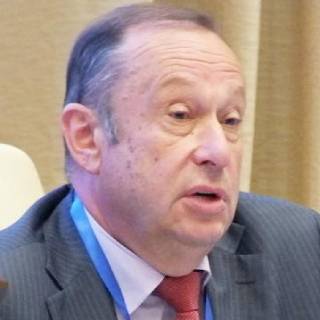
Viktor Zaraysky
Senior Vice-Chairman of the Board, Rosrybkhoz State-Owned Cooperative AssociationAlexey Myshkin
Director, Freshwater Fisheries Branch, Russian Federal Research Institute of Fisheries and Oceanography (VNIRO)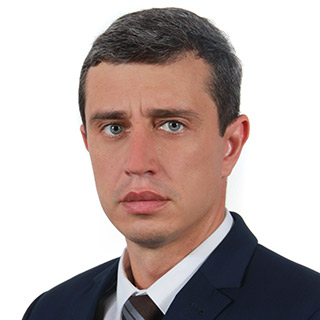
Alexander Zhigalko
CEO, Adler Trout Breeding FarmLeonid Goldstein
Co-founder and CIS Director, AquaMaof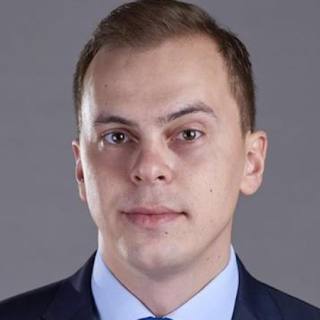
Alexey Dorin
CEO, Aquaproduct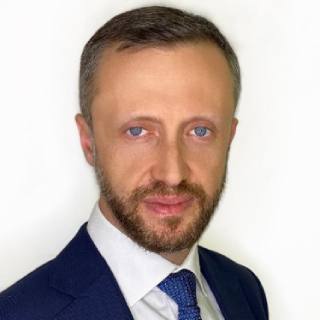
Dmitry Perman
Partner, Russian Friends Capital Investment Fund; Project Manager, Tuloma SalmonRoman Artemov
Head, Department of Feed and Feed Components, Russian Federal Research Institute of Fisheries and Oceanography (VNIRO)Denis Pritulo
Deputy Director of Corporate Business, Strategic Enterprises and Project Financing, SovcombankModerator:
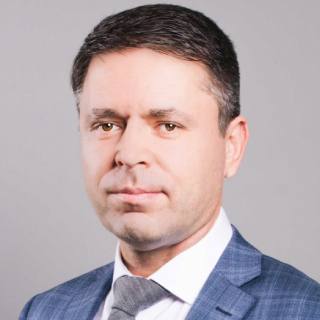
Yury Kitashin
First Deputy General Director, Russian Sea – AquacultureOrganizers:




 ONLINE REGISTRATION
ONLINE REGISTRATION